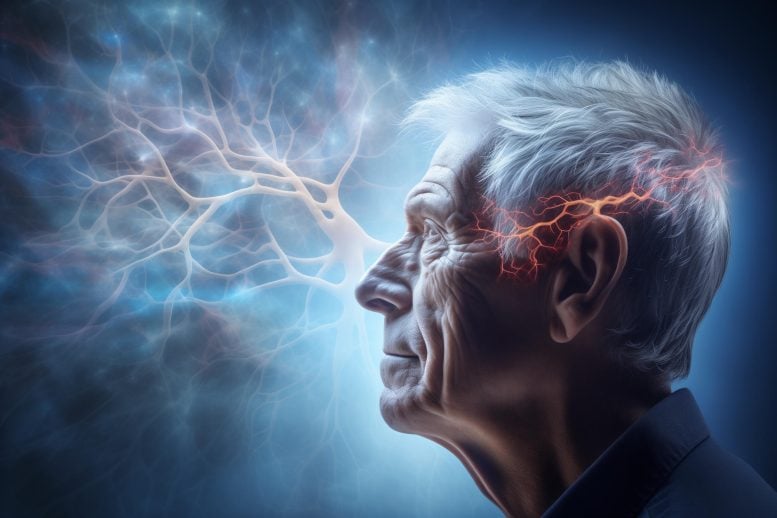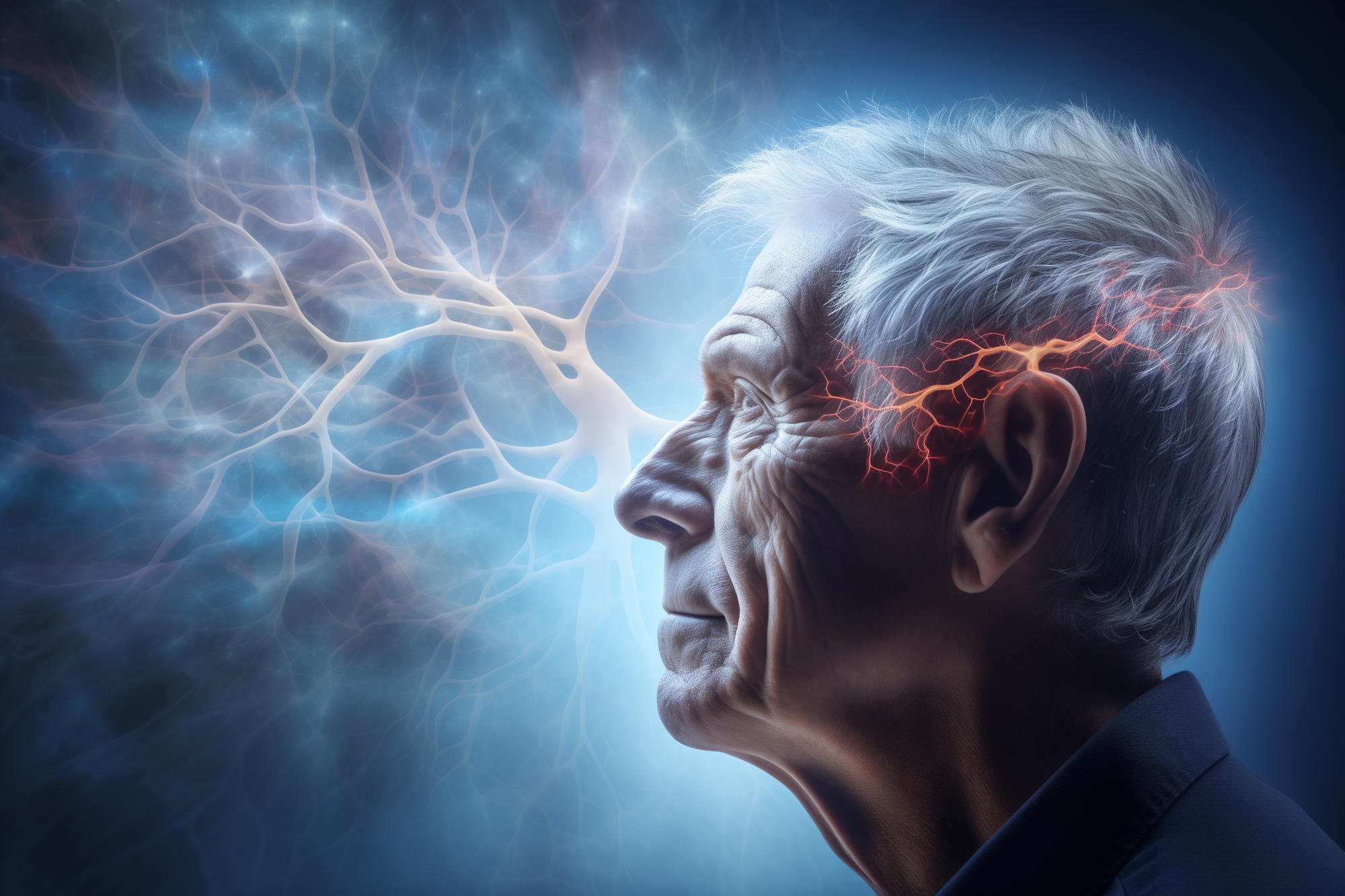
University of Arizona researchers revealed that dyskinesia in Parkinson’s patients stems from a disconnect in the motor cortex, not direct causation. Ketamine shows promise as a treatment by disrupting abnormal brain activity and promoting long-term neuroplasticity.
Researchers at the University of Arizona have provided valuable insights into one of the most common complications faced by Parkinson’s disease patients: involuntary movements that arise after prolonged treatment.
Parkinson’s disease, a neurological disorder affecting movement, occurs when DOI: 10.1093/brain/awae386
The study received funding from the National Institute of Neurological Disorders and Stroke (grants R56 NS109608 and R01 NS122805) and the Arizona Biomedical Research Commission (grant ADHS18-198846).



